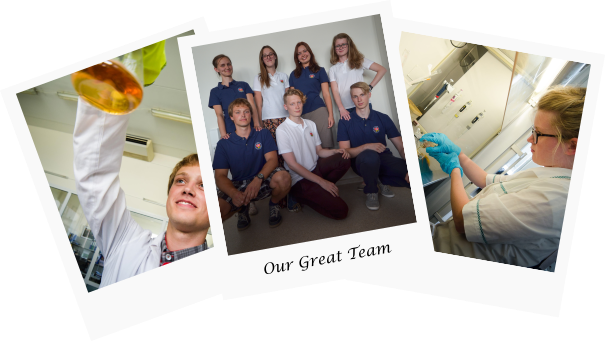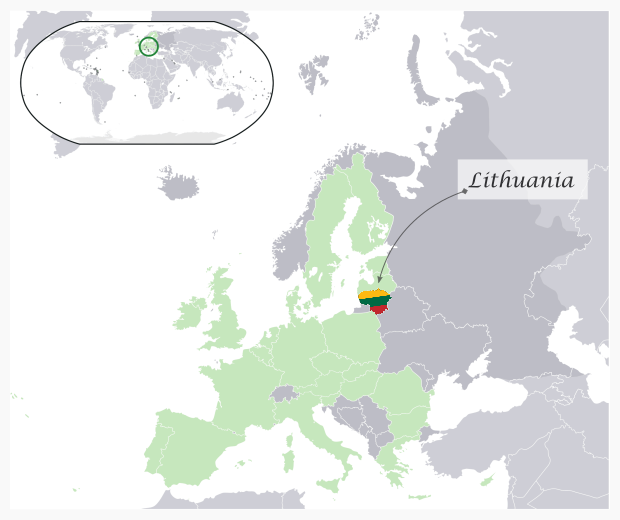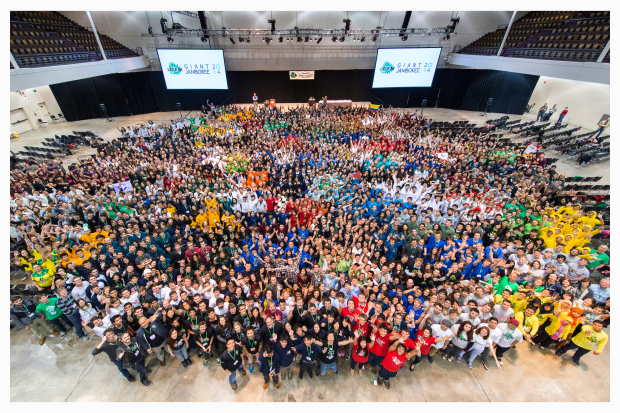Team:Vilnius-Lithuania/Crowdfunding

As the crowdfunding campaign is now officially over, we would like to thank all our campaign supporters. Without you it would have been impossible! Digital thank you goes to:
- Alina Bezuglova
- Vytautas Jankauskas
- Jovita Beliak
- Aurelija Degulytė
- Milda Mickutė
- Romena Savickienė
- Juozas Rimantas Lazutka
- Ramūnas Stepanauskas
- Vytautas Iešmantavičius
- Linas Mažutis
- Tadas Jakočiūnas
- Jurgita Neniškienė
- Darius Sabaliūnas
- Diana Vidutis
- Jolanta Nauronytė
- Sigita Clarck
- Gediminas Vidugiris
- Judita Ruškytė
- Mary Aidis
- Denis Poloudin
- Marius Vismantas
- Rolandas Kriščiūnas
- Augmantas Cibas
- Donatas Sidiškis
- Rūta Kruliauskaitė
- Dalia Pleskovienė
- Jomilė Baranauskaitė
- Simonas Masiulis
And all the other supporters on our Indiegogo crowdfunding campaign, who did not want to share their name on the platform.
You can learn more about our crowdfunding campaign below or on Indiegogo platform.

A young team of students from Lithuania, a country with a strong biotechnology track record, has become the first team from the Baltic region to enter the International Genetically Engineered Machine (later referred as iGEM) competition to address one of the greatest challenges in GMO control.

We are students who strive to become accomplished scientists. We take this dream seriously and three of our team members are taking their studies further to start their MSc at UCL in London, Ecole Normale Superieure in Lyon and University of Copenhagen this autumn.

Lithuania is a small country and it is a great honor and responsibility for us to represent our university – Vilnius University, and our region at such a prestigious event. We will have to compete with scientists from top-notch institutions like Cambridge, Harvard or Stanford.

The iGEM competition is part of the largest scientific conference in the field of Synthetic Biology. This year 282 teams will be judged and awarded in Boston, home of MIT. It’s a great opportunity to showcase your research findings, but most importantly make connections that can lead to potential business ventures and knowledge sharing.


When we started this iGEM project, we thought of it as a good opportunity to showcase our laboratory work to the research community. However, during the process we realized that we have a bigger social mission to address - to educate the society about GMOs and inspire the new generations of science students to come.
And we decided to use the power of crowdfunding to achieve these goals and prove that science can be fun and is a part of everyday life.




